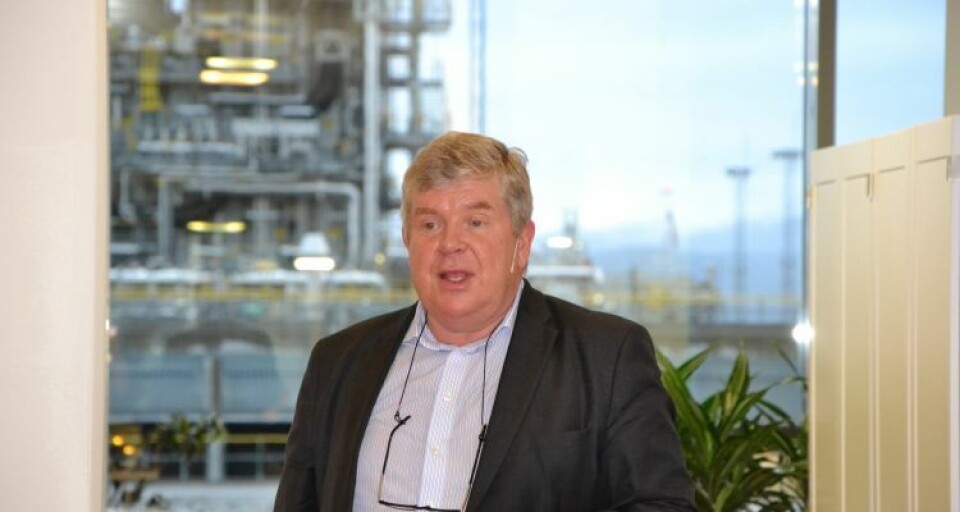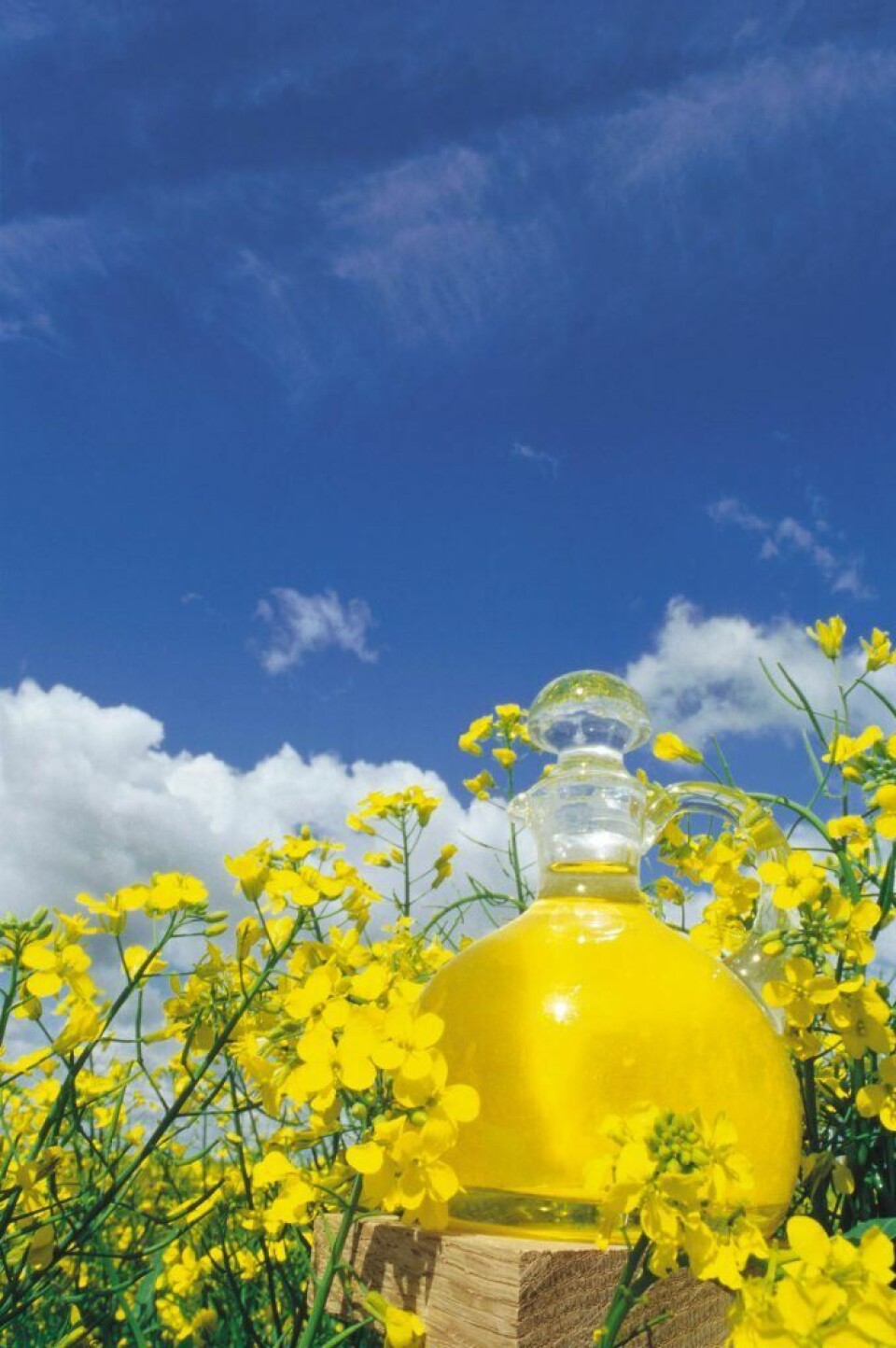
GM feed scheme revealed
Aquafeeds containing EPA and DHA-rich oils extracted from genetically modified Canola will be commercially available by 2020, according to Einar Wathne, president of Cargill Aqua Nutrition.
“We believe that this is the most cost-effective solution [to replacing fishmeal] compared to other technologies that are available now, such as algae farming,” Wathne told kyst.no.
The project to make EPA and DHA-rich oil through the plant is a joint venture between Cargill and BASF. According to Cargill, the new raw material will ease the pressure on wild fish and lead the industry to become less dependent on marine resources.
“The salmon industry currently accounts for 40-50 per cent of the global fish oil market and there is a shortfall in the market. We believe this is a step forward for the world when it comes to health and diet,” Wathne told kyst.no.

And, given the ease of growing species of rapeseed such as Canola around the world, he sees it as an outstanding resource. “As we’re using a common species, the sky is the limit for the quantity we can produce,” he says enthusiastically.
The price of the oil is still unclear, but he believes that it will be competitive compared to the current fish oil price. “The pricing has not been determined, nor do we know all costs, but I think this omega-3 oil will prove competitive against alternatives,” he reflects.
He also sees it having several benefits over fish oil, not least as the price is unlikely to fluctuate as drastically.
Timeframe
Although Wathne says the oil could be produced virtually overnight, the company must first await approval to grow the GM strain – a process he sees as taking at least 4 years.
“We have the technology to grow it now but the oil must be approved, which is a lengthy regulatory process,” he points out.
Wathne says that trials using feeds containing the GM oil have produced good results.
“We have made full-scale tests throughout the life cycle of salmon in Chile. It has worked well, and more importantly, is safe and good for the fish,” he says.
According to the President, there are currently two barriers to getting this type of product into use. One is that the genetically modified material must be approved by the EU's food safety body, the EFSA. The second barrier is the market and Wathne points that approval does not necessarily mean that it will adopted in aquafeeds by salmon producers in the EU and Norway.






















































